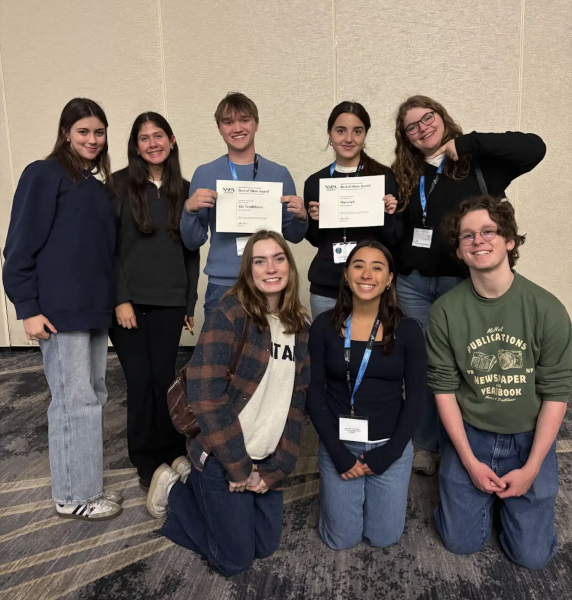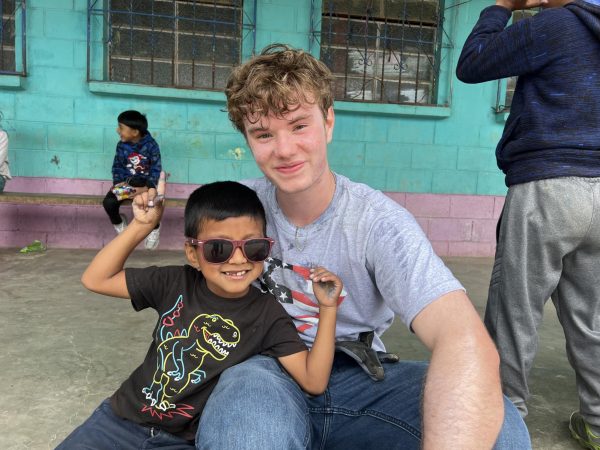The Water in Our Names
My sister and I have water in our names. Three brush strokes. Our Chinese identity. My water is calm, clouded – misted – Meng Meng. Her water is clear, reflecting the sun – bright – Ying Ying. This has made all the difference.
For while my sister is outgoing, direct, and energetic, I am the opposite. I float behind like a shadow, a vague resemblance of muddled ideas. Something vast hides behind me, mixes with me, and gives me color. A great secret. A secret that my sister wears comfortably on her crystalline surface.
Emotions.
Imagination.
This is what we share – a mind pliable to the things inside humans, inside books, inside blotchy ink on paper. And yet – this is also where we diverge. For inside me, these treasures swirl together, complex, and private. But for Ying Ying – the smiling child, they are gifts divulged from every pore of her skin, given out freely, expectantly.
And I do not think, for a moment, that any one of our water is better or worse. They are two forms of the same life-giving substance, two forms of easily polluted thought. One water ripples against stones and dirt and visibly muddies before clearing away. One water thickens in the air and holds the invisible stench far after the source is gone. In this sense, perhaps it is easier to be the first kind of water. More practical. More necessary than the intangible fluff that blinds the eye.
But I find that I conform to my nature perfectly. For when images touch me, I am accustomed to filter over and cover them up, to distort them to my own senses, rather than to mirror and to enhance them. My water is the water of change, of unknown pictures that the viewer must discern with misted sight. And knowing this, I wonder – what I so desperately lack in my form – what I so easily crave in my sister –
Is it courage? That great, unspeakable secret I hold and cannot tell? That force that holds my tongue still? Am I too afraid to face the dull, gray reality that my sister so prettily reflects? Or is it something more? Something better? Something that only comes from the disturbance of life by the human mind?
When my parents named me after the mist, did they think I was a coward? Did they think I was weak? ]
Or did they know?
That one day, I would embrace the part of me – the part of me that reaches and wraps around tales and absurdity not available in direct, honest light?
Did they name me, hoping that my water would be the life-source of mystery? That my mind would see more than plain truth? Did they name me, hoping that my water would be a story?
Your donation will support the student journalists of McNeil High School. Your contribution will allow us to purchase equipment and cover our annual website hosting costs.





